Regular and high caffeine consumption affects dopamine function in patients with AD Parkinson. This is demonstrated by a new international study conducted by the University of Turku and the Turku University Hospital in Finland. Consuming caffeine before undergoing diagnostic brain dopamine imaging may also affect the imaging results.
The research results were published in Annals of Neurology on May 20, 2024.
Correlation between dopamine function and caffeine intake in Parkinson’s patients
Previous research has shown that regular caffeine intake is associated with a reduced risk of developing Parkinson’s disease. However, research on caffeine’s effects on disease progression in patients who have already been diagnosed is limited.
A follow-up study conducted by the University of Turku and Turku University Hospital (Tyks) in Finland examined how caffeine consumption affects brain dopamine function over a long period in patients diagnosed with Parkinson’s disease. Dopamine function in the brain was assessed with single-photon emission computed tomography (SPECT) to measure dopamine transporter (DAT) binding.
“The association between high caffeine consumption and a reduced risk of Parkinson’s disease has been observed in epidemiological studies. However, our study is the first to focus on the effects of caffeine on disease progression and symptoms in relation to dopamine function in Parkinson’s disease,” says Valtteri Kaasinen, professor of neurology at the University of Turku and principal investigator of the study.
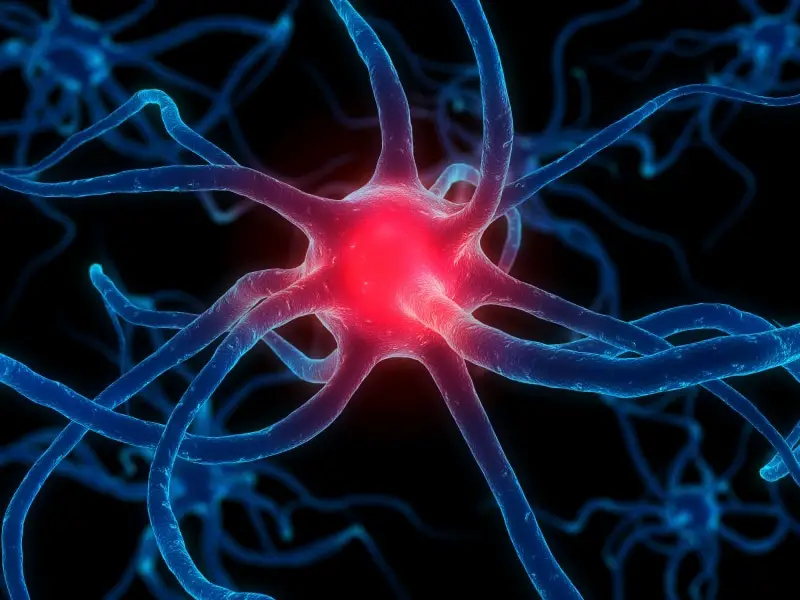
A clinical study compared 163 patients with early-stage Parkinson’s disease with 40 healthy controls. The exams and imaging were conducted on two occasions for a subsample, with an average interval of six years between the first and second imaging sessions.
Changes in dopamine transporter binding in the brain were compared with the patients’ caffeine consumption, which was assessed both using a validated questionnaire and by determining concentrations of caffeine and its metabolites in blood samples.
The results revealed that patients with high caffeine consumption showed an 8.3-15.4% greater decrease in dopamine transporter binding than those with low caffeine consumption.
The observed decline in dopamine function is unlikely to be due to a greater reduction in dopamine neurons following caffeine consumption. Rather, it is more likely a compensatory down-regulation mechanism in the brain that has also been observed in healthy individuals following the use of caffeine and other stimulants.
“While caffeine may offer some benefits in reducing the risk of Parkinson’s disease, our study suggests that high caffeine intake has no benefit on the dopaminergic system in already diagnosed patients. A high intake of caffeine did not lead to a reduction in the symptoms of the disease, as well as an improvement in motor function,” says Kaasinen.
Another significant finding of the study was the observation that a recent dose of caffeine, for example on the morning of the imaging session, temporarily increases the person’s DAT binding values. This could potentially complicate the interpretation of commonly used brain DAT imaging results.
Research findings suggest that patients should abstain from consuming coffee and caffeine for 24 hours before undergoing DAT diagnostic imaging.
In people with the Parkinson’s gene, coffee may be protective
Even for people with a genetic mutation linked to Parkinson’s disease, coffee consumption may be associated with a lower risk of actually developing the disease, according to a new study published online in Neurology, the medical journal of the American Academy of Neurology.
These findings are promising and encourage future research exploring caffeine and caffeine-related therapies to reduce the chance that people with this gene will develop Parkinson’s,” said study author Grace Crotty, MD, of Massachusetts General Hospital of Boston and a member of the American Academy. of Neurology.
“It is also possible that blood caffeine levels could be used as a biomarker to help identify which people with this gene will develop the disease, assuming caffeine levels remain relatively stable.”
Previous studies have shown that coffee consumption may protect against the development of Parkinson’s disease in people who have no genetic risk factors for the disease. This study looked at people with a genetic mutation that increases the risk of Parkinson’s.
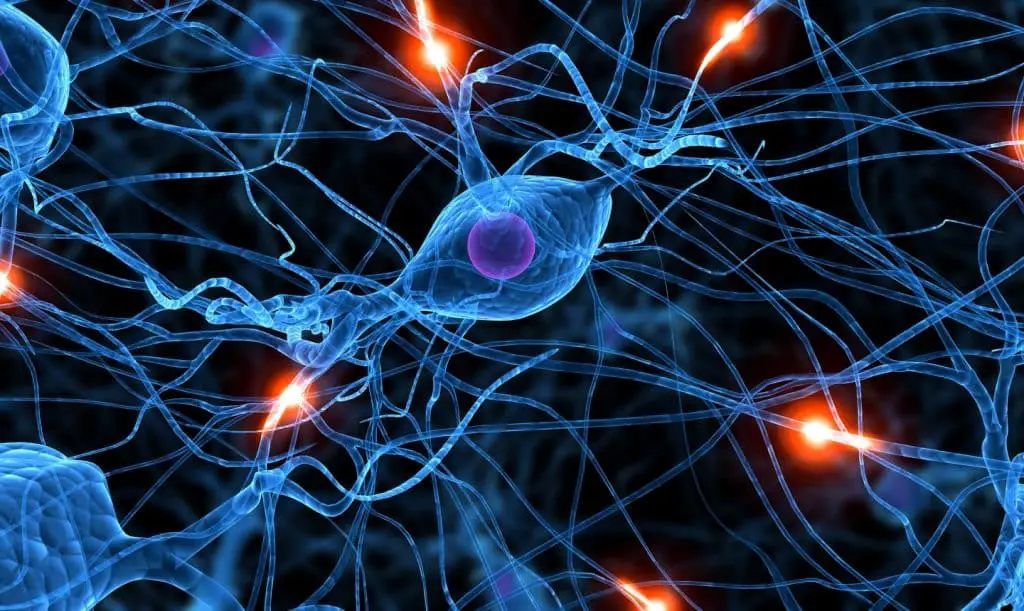
The mutation is in a gene called LRRK2 for leucine-rich repeat kinase 2. But having the abnormal gene doesn’t guarantee that people will develop the disease, so researchers hope to identify other genetic or environmental factors that influence the development of the disease.
The study compared 188 people with Parkinson’s disease with 180 people who did not have the disease; both groups had people with the LRRK2 gene mutation and people without it.
The researchers looked at the amount of caffeine in the blood, as well as other chemicals produced when caffeine is metabolized in the body, and how it varied between groups. A total of 212 participants also completed questionnaires about the amount of caffeine they consumed each day.
Among people carrying the LRRK2 gene mutation, those who had Parkinson’s had a 76% lower concentration of caffeine in their blood than those who did not have Parkinson’s. People with Parkinson’s with a normal copy of the gene had a 31% lower concentration of caffeine in their blood than non-carriers without Parkinson’s.
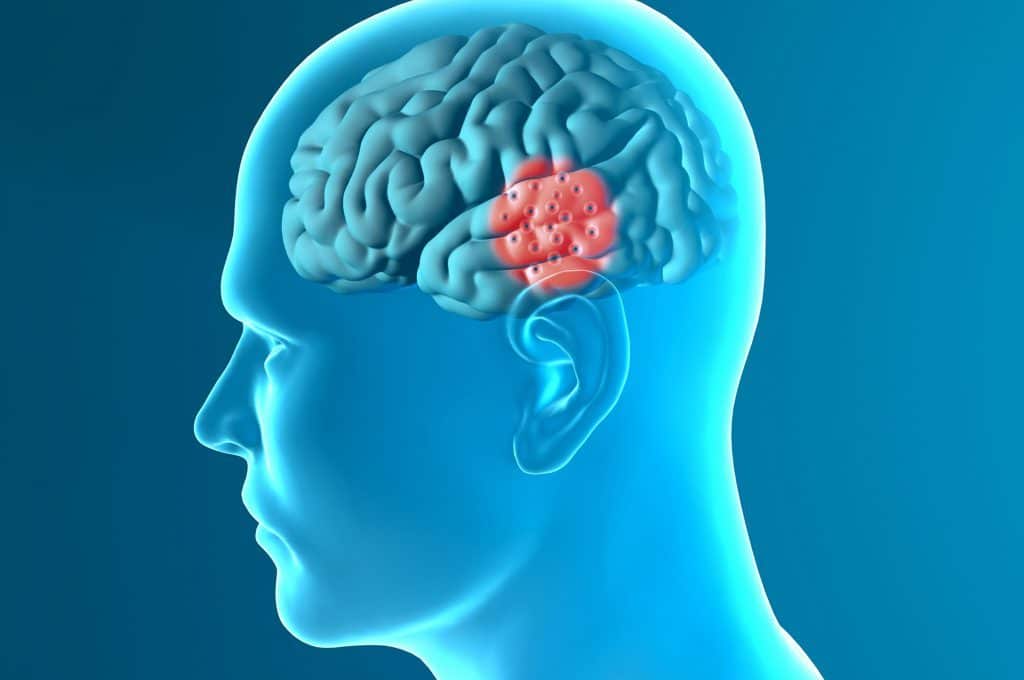
Carriers of the genetic mutation who had Parkinson’s disease also had lower caffeine consumption in their diets. Carriers of the Parkinson’s gene consumed 41% less caffeine per day than people who did not have Parkinson’s, both with and without the genetic mutation.
“We don’t yet know whether people predisposed to Parkinson’s tend to avoid drinking coffee or whether some carriers of the mutation drink a lot of coffee and benefit from its neuroprotective effects,” Crotty said.
Crotty noted that the study looked at people at one point in time, so it doesn’t help researchers understand any effect caffeine has over time on Parkinson’s risk or how it may affect the progression of the disease. Furthermore, she does not prove that caffeine consumption directly causes a lower risk of Parkinson’s; it only shows an association.
Caffeine as a biomarker for Parkinson’s disease
Researchers at Juntendo University report in Neurology the potential use of blood levels of caffeine and its byproducts as biomarkers for Parkinson’s disease. The discovery is promising for the development of a method that allows early identification of the disease.
Parkinson’s disease is a degenerative disease of the central nervous system, which affects the motor system of the latter, the part that controls body movement. Its symptoms include tremors, stiffness and difficulty walking. There is evidence that daily caffeine consumption reduces the risk of developing Parkinson’s disease.
A team of researchers led by Nobutaka Hattori of Juntendo University School of Medicine studied how traces of caffeine in the blood after drinking coffee could be indicative of the disease.
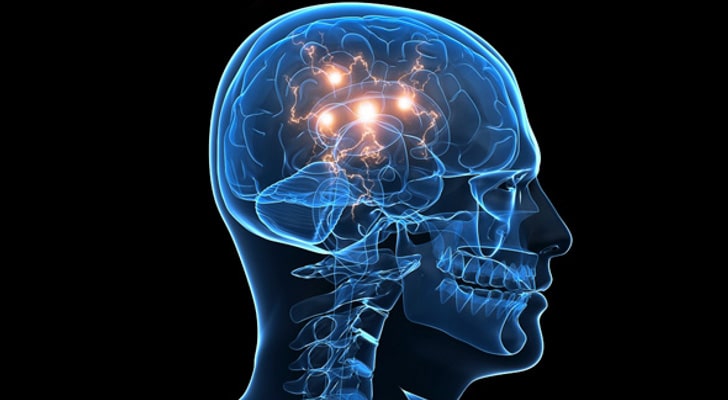
The researchers found that caffeine levels were significantly lower in patients with the disease; Caffeine concentrations could therefore be used as an indicator of the disease, particularly in its initial stages.
The researchers studied a group of 139 people, both men and women, with and without Parkinson’s disease. Each person drank 0 to 5 cups of coffee per day (except one participant who drank more than six). Then, they checked the participants’ blood serum for traces of caffeine and its 11 so-called downstream metabolites, small molecules produced during caffeine-induced metabolic processes in the human body.
The scientists found that serum levels of caffeine and nearly all metabolites, including theophylline, theobromine and paraxanthine, the main byproducts of caffeine, were lower in patients with the disease.
Although the data obtained by Hattori’s team shows that there is a clear relationship between a person’s serum levels of caffeine (metabolite) and the disease, no significant association was found between the severity of the disease and the concentration of any of the substances related to caffeine.
Furthermore, no significant difference in serum levels was found between male and female patients (it is known that males suffer from Parkinson’s disease more often).
Hattori and colleagues’ findings suggest that levels of caffeine and its metabolites in the blood may be, to quote the researchers, “early diagnostic biomarkers for disease”; Furthermore, the results “further indicated the neuroprotective effects of caffeine.”
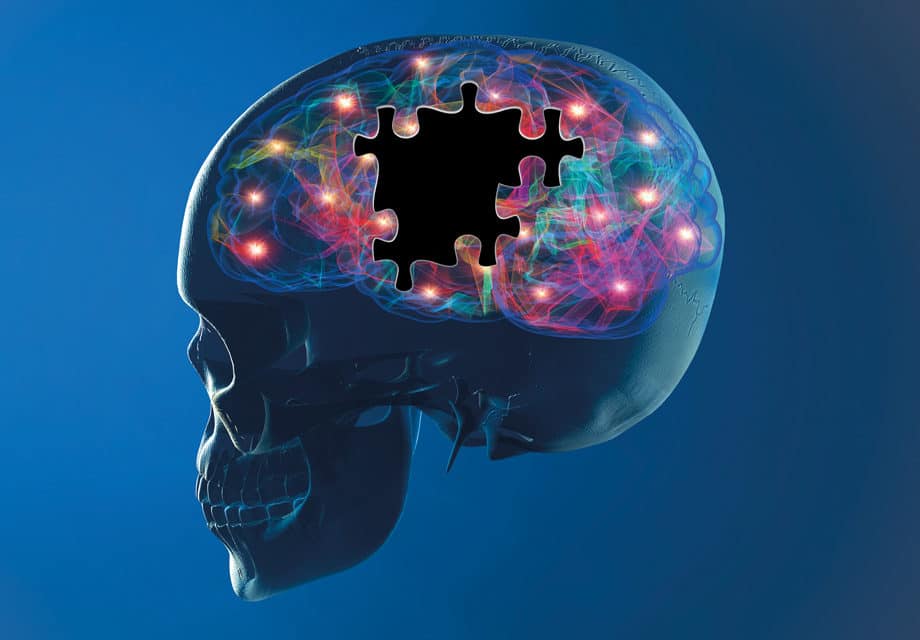
In affected patients, the progressive loss of function or structure of neurons (brain cells) leads to a disorder of the central nervous system, affecting its motor system. Tremor, slowness of movement and difficulty walking are among the main symptoms in the early stages of Parkinson’s, while dementia is common in the more advanced stages.
The cause of Parkinson’s disease is unclear, but genetic and environmental factors are thought to play a role. Men are more affected than women, and people who drink tea or coffee are at reduced risk.
The latter inspired Nobutaka Hattori and colleagues at the Juntendo University School of Medicine to test whether levels of caffeine in the blood and levels of by-products (metabolites) caused by caffeine intake can be used as biomarkers for the diagnosis of the disease. They discovered that this is indeed the case.
Caffeine is an organic molecule which, if consumed for example through coffee or tea, stimulates the central nervous system. Its best-known effect is the prevention of drowsiness. Daily caffeine consumption has been shown to reduce the risk of developing Parkinson’s disease in men and women not taking hormone replacement therapy, due to caffeine’s neuroprotective effect.
Nobutaka Hattori’s team has now shown that, following caffeine intake, the levels of caffeine and its metabolites in the blood serum are lower for affected people, regardless of the stage of the disease, implying that these levels they could be used as biomarkers for early-stage disease.
#Parkinsons #Caffeine #affects #dopamine #function